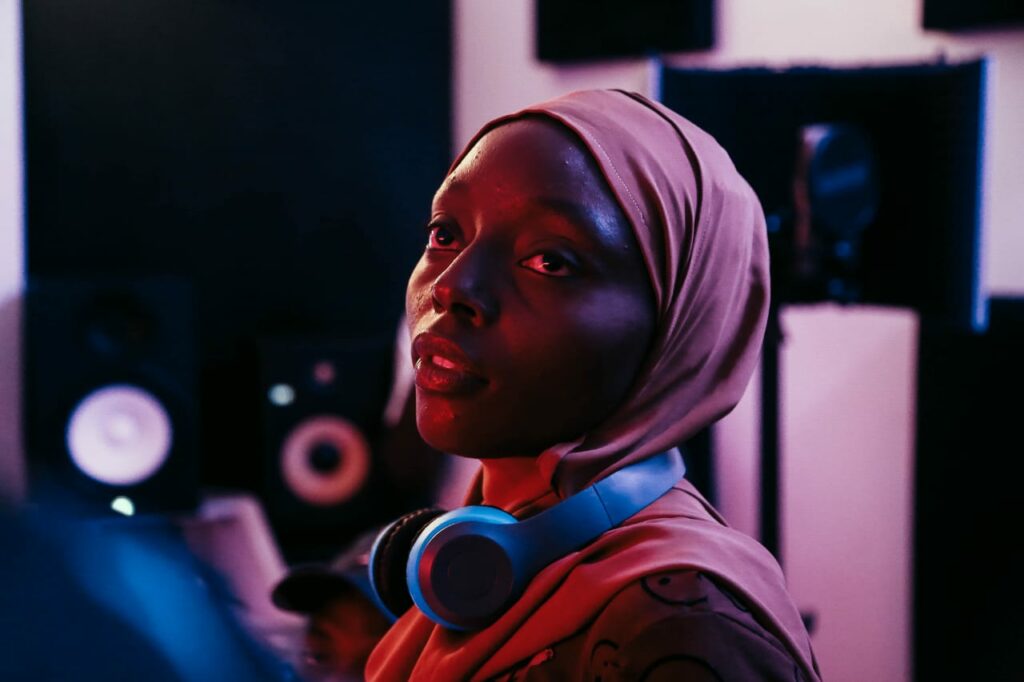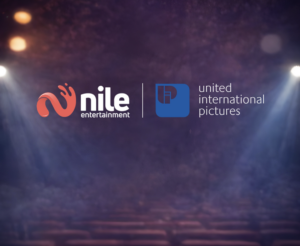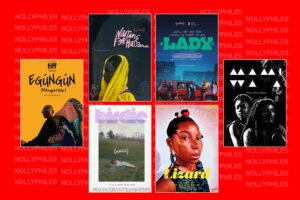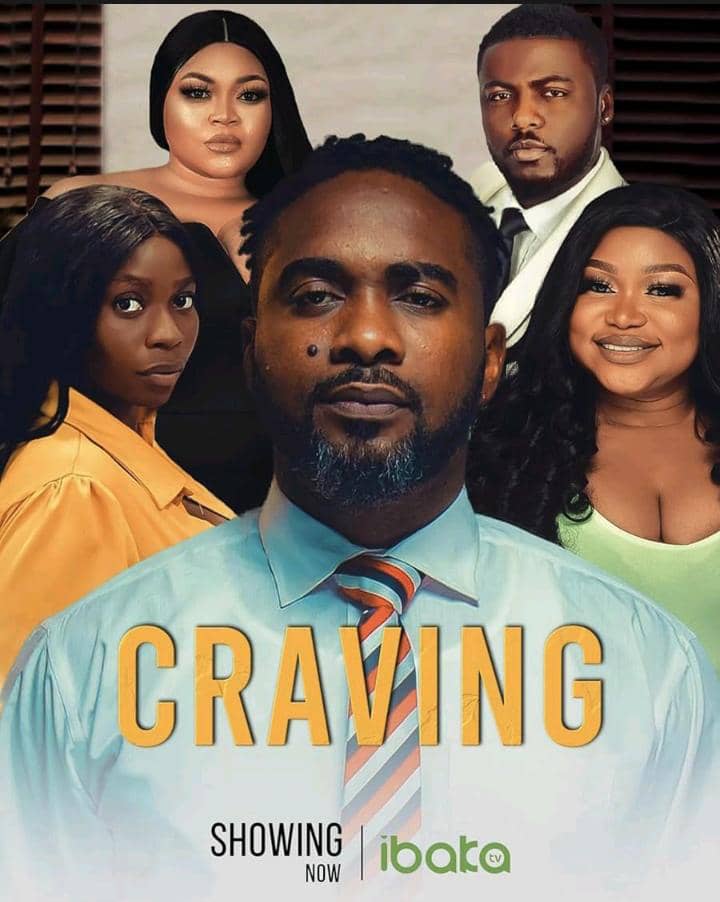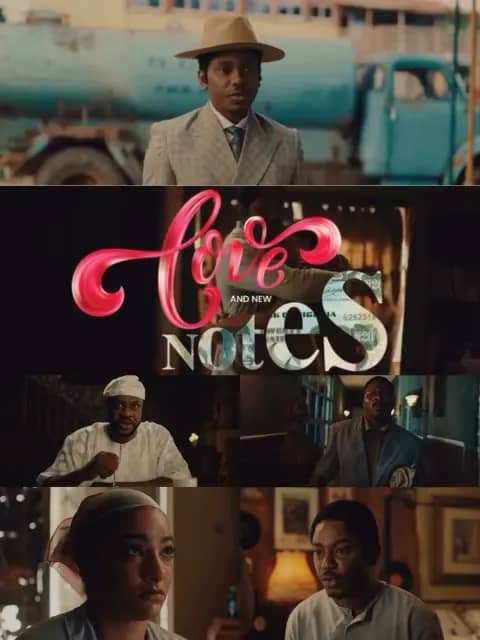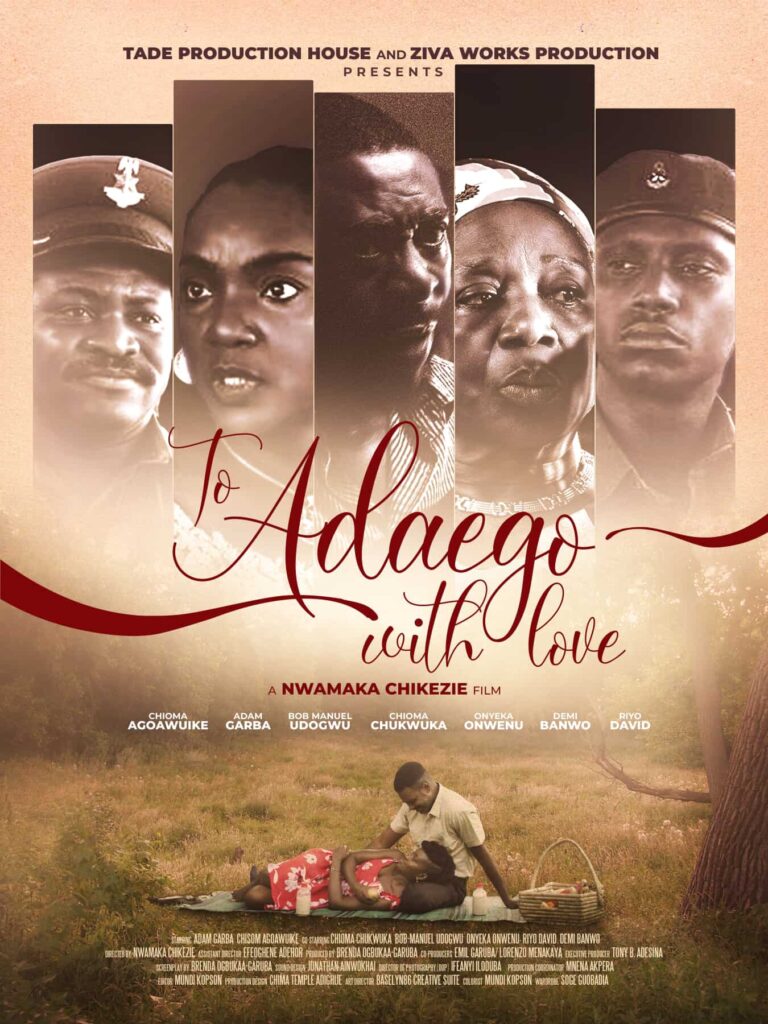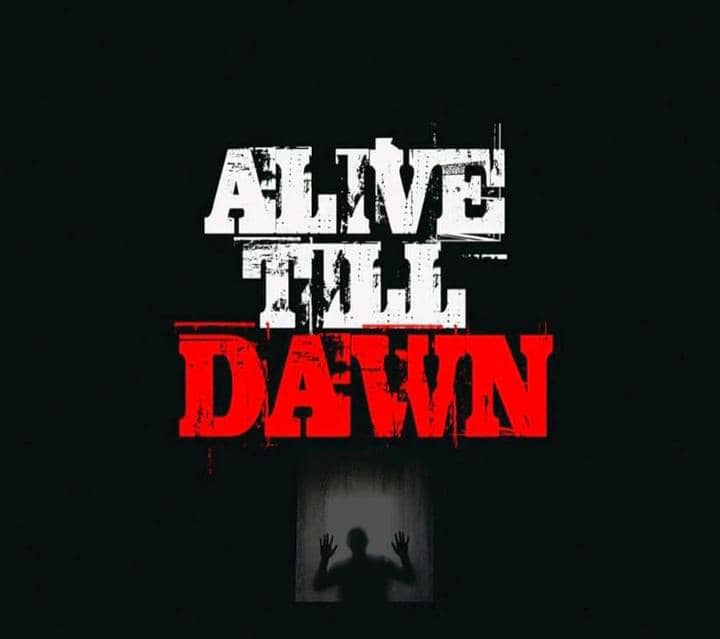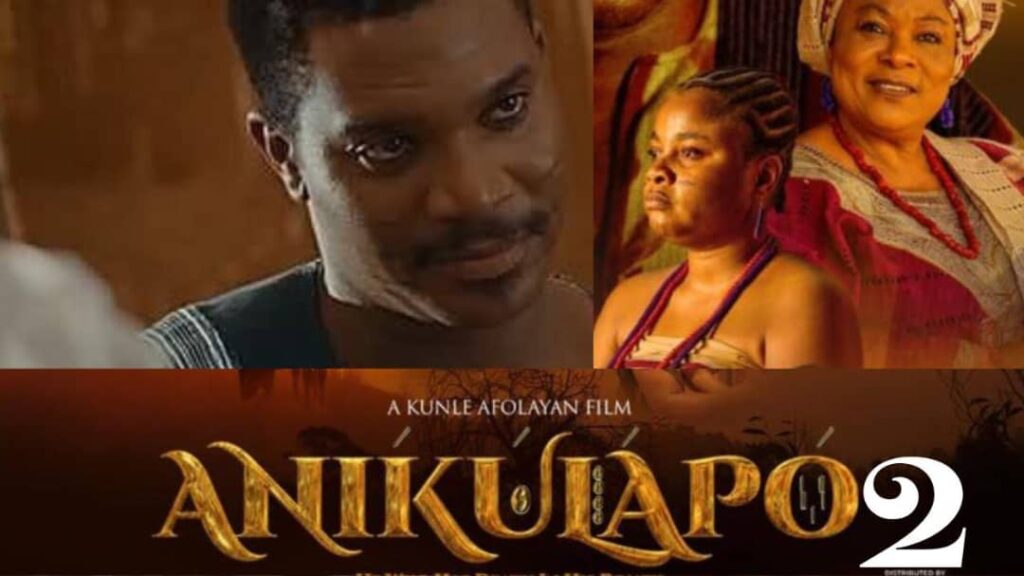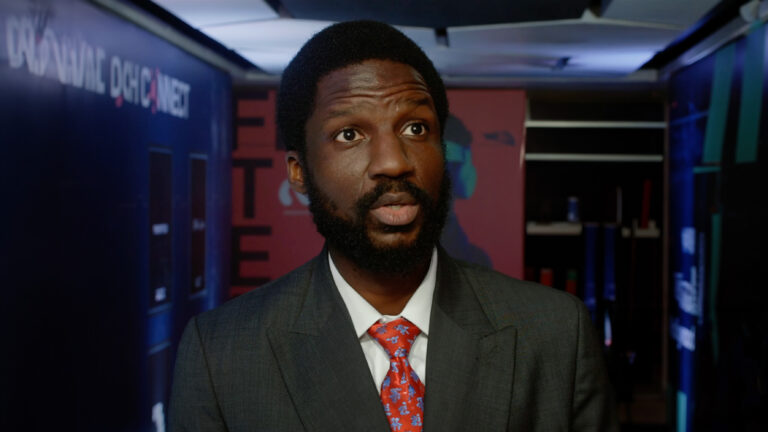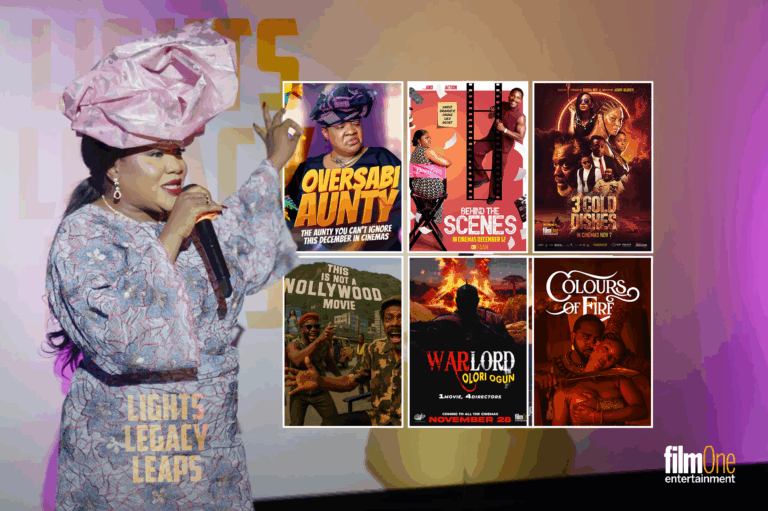The forthcoming movie ‘Salamatu’s Rhapsody,’ tells the story of a devout Muslim daughter, Salamatu, who faces a life-altering decision. Caught between her father’s wish to honour his late mother and her dream of becoming a rapper, Salamatu must navigate the intricate bonds of family, tradition, and her own aspirations.
Written and directed by Abu-Bakr Adamu and Adejumo Oluwatimilehin, the film delves into themes of cultural heritage, personal freedom, and the evolving role of women in society. Adamu, known for his previous work that blended horror, drama, and northern Nigerian culture, brings his unique voice to this project. His short film ‘Tsoro Da Ruwa’ garnered nominations for Best Actor and Best Director at the 2023 Ibadan Indie Film Awards.
‘Salamatu’s Rhapsody,’ expected to be released in the last quarter of 2024, features a cast including Hajiya Hauwa Ibrahim, Habiba Zock-Sock, Wapi Barau, James Oche Ameh, and Maimuna Dikko. Adamu highlights the film’s progressive stance, emphasising the importance of allowing women to express themselves. He notes, “Icons like Mamman Shata, Musa Dan Kwairo, Dan Maraya Jos, and especially Barmani Choge used their music to promote and support women. This film continues that legacy by showcasing the modern evolution of music within Hausa culture.”
A crucial element in bringing ‘Salamatu’s Rhapsody’ to life was the British Council’s Filmlab Africa programme, which provided training and financial support to the project. The film’s producer, Shimatever Igbawua, shared how this programme was a turning point in his filmmaking journey. “The British Filmlab Africa programme was a game-changer,” Igbawua said. “It wasn’t just about the grant money. The real value was in the network I built, the people I met, and the professional recognition I gained.”
Through Filmlab Africa, Igbawua was introduced to a network of industry professionals who became his support system and collaborators. One notable connection was with Wapi Barau, one of the film’s lead actors, whom he met through this programme. Igbawua also credited the programme for helping him refine his pitching skills, which played a key role in securing the short film grant that significantly boosted the project’s credibility.
Reflecting on his experience, Igbawua expressed deep gratitude, noting that the programme not only supported ‘Salamatu’s Rhapsody’ but also transformed his approach to filmmaking, setting the stage for future success. As the film approaches its release, it stands as a testament to the power of a well-structured support programme in nurturing African filmmaking talent.

